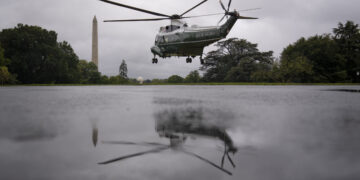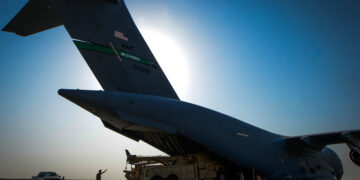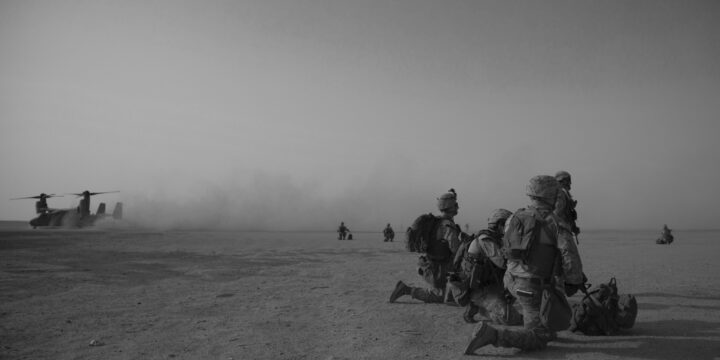September 4, 2019
Anything short of a full, speedy U.S. military withdrawal from Afghanistan would be a mistake
FOR IMMEDIATE RELEASE:
September 4, 2019
Contact: press@defensepriorities.org
WASHINGTON, DC—On Monday, media reports offered details of a tentative U.S.-Taliban agreement to draw down some U.S. forces from Afghanistan. Defense Priorities Policy Director Benjamin H. Friedman issued the following statement in response:
“The reported U.S. agreement with the Taliban to remove 5,400 U.S. troops within 135 days is progress, but it is insufficient to end the 18-year U.S. war in Afghanistan.
“The United States should not continue to expend lives and dollars fighting for the success of the Afghan government. If this agreement leads to the withdrawal of all U.S. forces in Afghanistan, it will be worth celebrating. The danger is that it will provide political cover for leaving a smaller but perpetual U.S. military presence, making an already long war permanent.
“This agreement, if implemented, would leave behind roughly 8,600 U.S. troops in Afghanistan—that would be 8,600 too many.
“Plans for full withdrawal have not been revealed and appear to be contingent on further talks with the Taliban or peace talks between the Taliban and the Afghan government. That would be a mistake.
“The Taliban may refuse to strike a power-sharing deal with the Afghan government, and they might renege even if they do. U.S. troops should not be made hostage to the settlement of Afghanistan’s civil war, which has been ongoing, one way or another, for 40 years.
“The United States can best serve its interests by withdrawing all U.S. military forces—with or without Taliban cooperation.
“Combating anti-U.S. terrorism can be done remotely via long-range attack assets and local forces, without a permanent U.S. ground presence. Retaining a force of any size would only serve the failed nation-building mission that has trapped U.S. forces in Afghanistan for nearly two decades.”
More on Afghanistan

January 9, 2025







